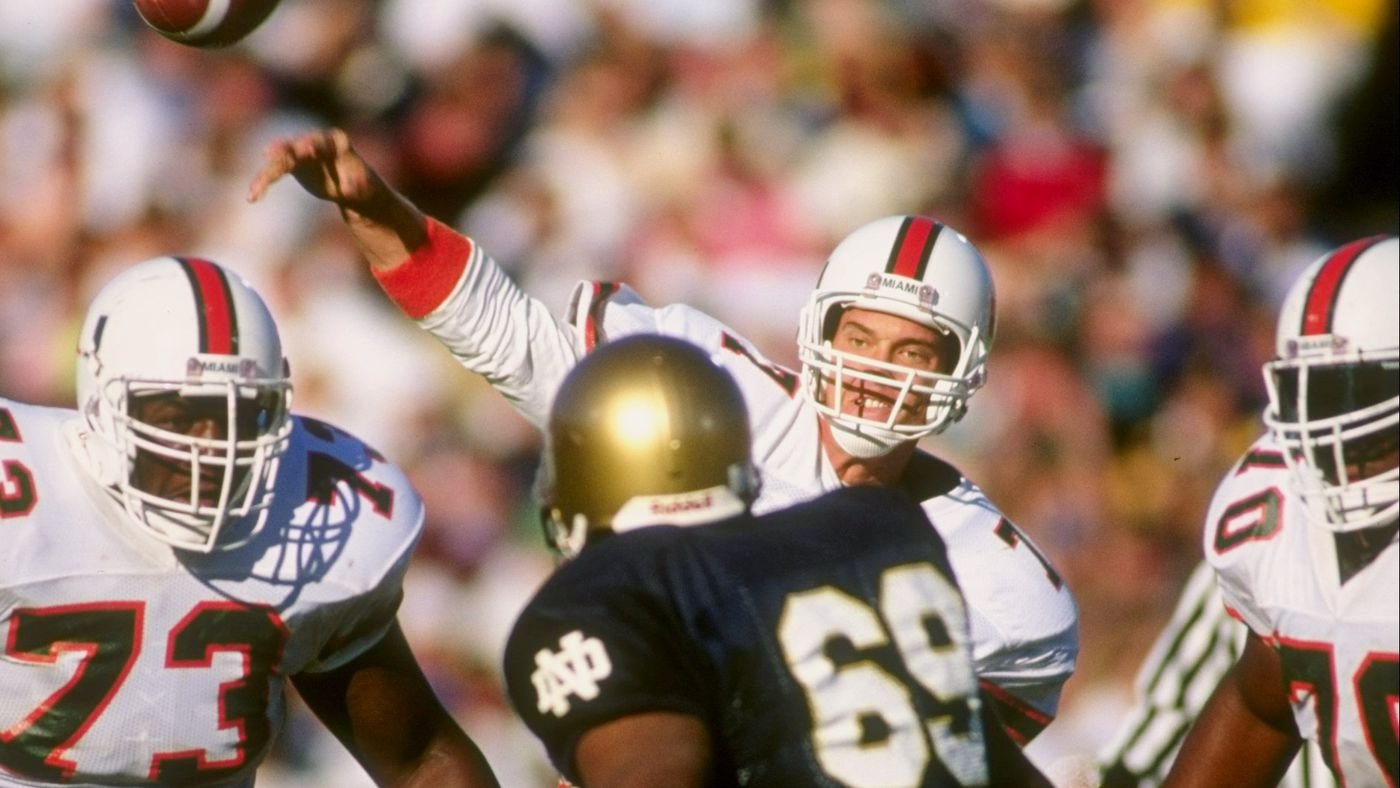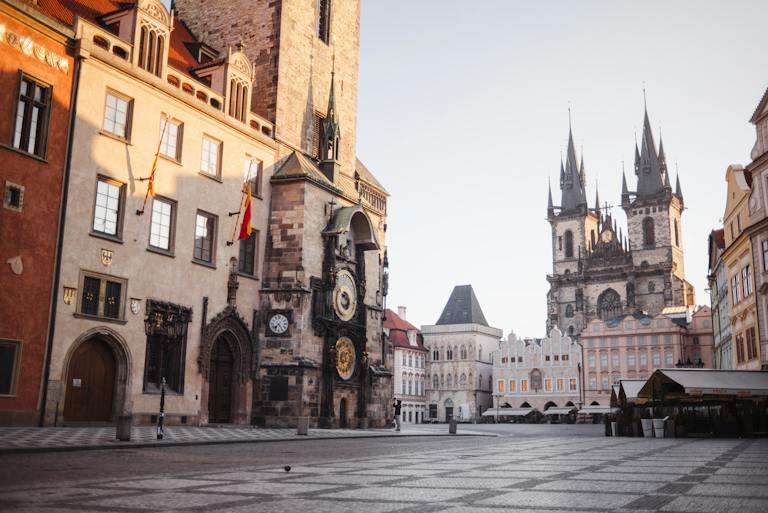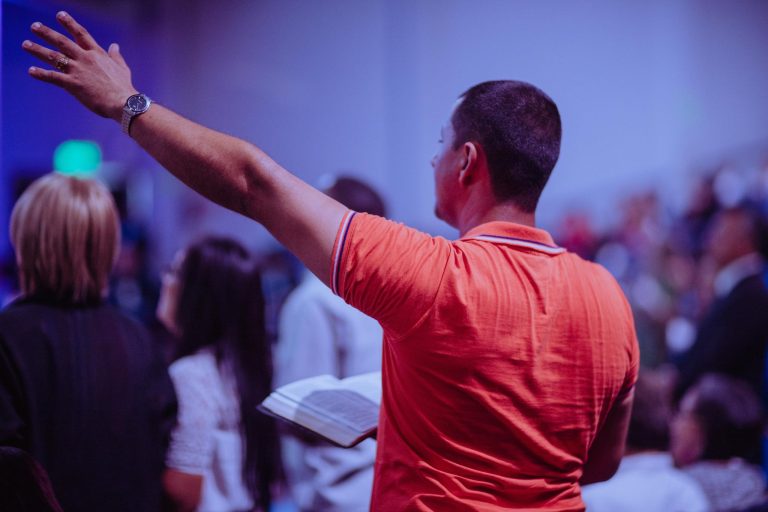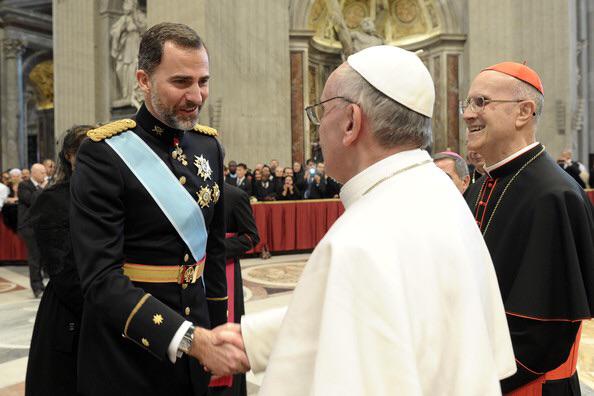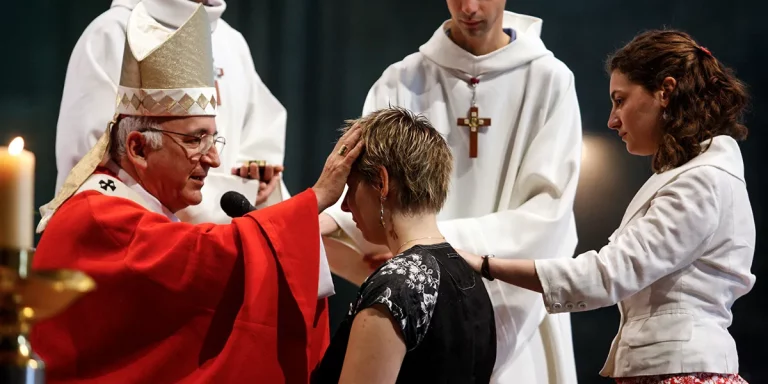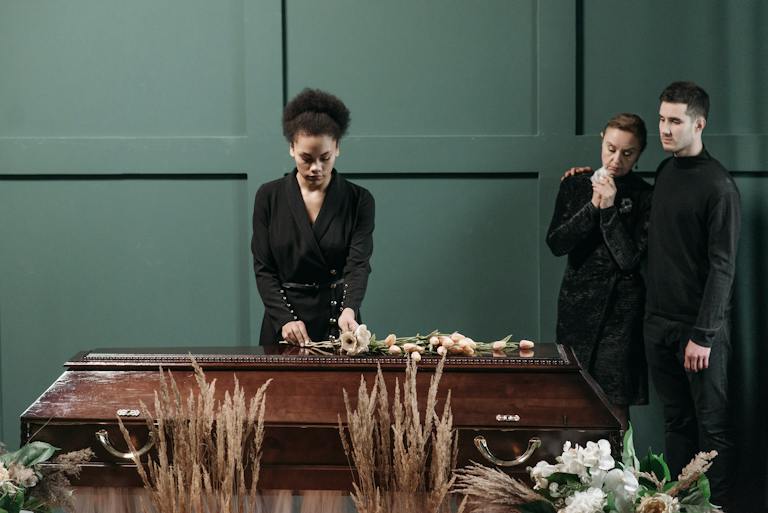Catholics vs Convicts: Historic Rivalry Notre Dame vs Miami
The heated football rivalry between the University of Notre Dame Fighting Irish and the University of Miami Hurricanes has led to one of the most iconic sports rivalries over the past few decades, popularly known as “Catholics vs. Convicts.”
As a pastor, I strive to promote unity, not division. However, this notorious rivalry has raised questions for many fans about the religious affiliations, ethics, and values represented by these two football powerhouses.
In this guide, I aim to provide an unbiased perspective on the history and implications of this unique rivalry.
Origins of the Rivalry
Notre Dame and Miami first met on the football field in 1955, but the modern rivalry largely emerged from their encounters during the 1980s and early 1990s. Notre Dame, located in Indiana, is proudly Catholic and emphasizes strong moral values.
Miami, based in a city sometimes associated with crime and vice, developed a reputation for “trash talk” and rough play during the 1980s, led by stars like Bernie Kosar and Michael Irvin, despite also fielding many law-abiding athletes.
Tensions between these widely divergent programs came to a head in 1988. Notre Dame entered the Catholics vs. Convicts game ranked No. 4 undefeated with championship aspirations against No. 1 Miami, who ultimately prevailed 31-30 en route to an undefeated season and national title. The infamous “Convicts” moniker for Miami surfaced this season in the sense that Notre Dame represented virtue while the Hurricanes embodied reckless street values contrary to Catholic teachings.
Despite Miami’s victory, Notre Dame regained the upper hand the next year with a 27-10 win, yielding memorably tense pre- and post-game encounters between the teams.
Implications of the Rivalry’s Controversial Nicknames
The “Catholics vs. Convicts” moniker assigns pointedly religious and moral connotations to this rivalry. For Notre Dame, “Catholics” highlights the university’s spiritual heritage in America’s foremost Catholic sports program. Over 80% of Notre Dame students are Catholic, and the football team attends Mass before games. However, the “Convicts” title uncharitably stereotypes Miami players by implying illegal activity, tying the program to the city’s crime-ridden reputation.
While several Miami players did have legal run-ins during the 1980s, clearly most athletes were law-abiding citizens unjustly tarnished by this smear.
As a pastor, I believe these nicknames reveal tensions in society between faith-based and secular values. Notre Dame aspires to honor its faith through sports, while Miami historically downplays religion in favor of raw talent and swagger. The “Catholics vs. Convicts” fracas signals dangers when morality-minded religious groups and loose-living secular institutions collide in a relativistic culture lacking shared values. These names also provide a sobering case study on judgmental attitudes that spread division rather than a thoughtful understanding of the complex social dynamics behind such divergent football programs.
On the field, cheap-shot artistry from Miami and self-righteous intimidation by Notre Dame elevated tensions between the teams themselves. Football became an arena for competing outlooks to assert cultural dominance, rather than teaching young men discipline and teamwork across differences. However, underlying factors over decades enabled misunderstandings rooted in vast discrepancies of wealth, privilege, and opportunity between private parochial Notre Dame and public urban Miami to be exploited rather than overcome respectfully.
Looking Deeper at Faith and Values Represented
Yet sincere believers on both teams, Catholic and non-Catholic alike, no doubt hoped to represent their schools with integrity. For this reason, I believe well-meaning fans and athletes on both sides should move beyond these polarizing caricatures. The players themselves are far more complex in background and character than such overly simplistic labels can capture.
Both Notre Dame and Miami have a mixed history when it comes to promoting exemplary values or controversial behavior at times. Notre Dame boasts many upstanding Catholic leaders among its alumni, though academic dishonesty scandals in the 1990s revealed struggles to align full conduct of some athletic programs with religious ideals. Miami undoubtedly produced more NFL stars later tied to crimes, yet also molded future doctors, lawyers and community servants devoted to lifting their city.
Athletes and fans sincerely seeking to embody their school’s highest principles, whether Catholic or otherwise, ultimately glorify God through their character and contributions. As renowned Notre Dame coach Lou Holtz wisely observed, “It’s not always the team that has more talent on paper that wins; it’s the team with the biggest heart.”

Lasting Lessons from a Polarizing Rivalry
In closing, while the “Catholics vs. Convicts” rivalry exposed tensions between faith and secularism, righteousness and rebellion, its legacy also offers life lessons. It reminds us to avoid unjust stereotypes, to extend grace beyond faith boundaries, and to build unity amidst diversity. The players themselves often showed more maturity through genuine post-game fellowship and mutual respect than extremist fans consumed by hateful names.
As Christians, when our cross-shaped spiritual values intersect with dagger-shaped social divisions, we must refuse to retaliate, fear, or condemn. Instead, taking Jesus’ lead, we can lay down entitlements, die to prejudice, forgive sinners, make peace between enemies, and trust God to resurrect hope from the ashes of injustice. Only light pierces darkness, only love disarms hate, and only Christ reconciles all who are wounded yet willing.
My prayer is that even historic football rivalries so marred by controversy may continue moving in this higher direction.

